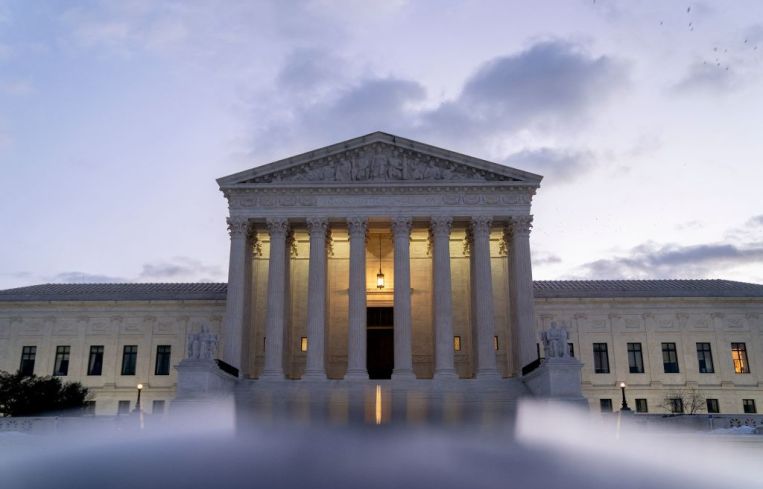Supreme Court Rejects Legal Challenge to New York’s Rent Stabilization Law
By Mark Hallum October 2, 2023 11:50 am
reprints
A legal challenge to New York’s Rent Stabilization Law was thrown out by the U.S. Supreme Court Monday morning.
The Supreme Court justices said the court would not hear the Community Housing Improvement Program’s (CHIP) case filed in 2019 to dismantle the state’s decades-old tenant protections, Bloomberg first reported.
While that stymies the legal avenue for CHIP to get rid of the city’s rent stabilization laws, the group said it would now make a push in the state government to tweak the law, including allowing landlords to rent units at market rates after making costly repairs. CHIP also seeks lower property taxes on older buildings and better insurance rates for owners who rent to tenants using vouchers.
“Since the time of our filing in July of 2019, foreclosures have accelerated and the law’s punitive effects have dramatically worsened,” Jay Martin, executive director of CHIP, said in a statement. “While we were hopeful a broad facial challenge would have delivered the most relief to the most owners as quickly as possible, we remain convinced that the law is irrational and vulnerable to more specific challenges. One way or another, this law must go down. Its current form is destroying New York’s housing.”
There’s two other cases fighting against rent stabilization law that the Supreme Court hasn’t decided yet if it would hear.
The Rent Stabilization Law was passed by the New York City Council in 1969 and strengthened in June 2019 by the Housing Stability and Tenant Protection Act (HSTPA), a state measure that outlawed increasing rent on recently vacated apartments by more than 20 percent and put restrictions on the Rent Guidelines Board for enacting vacancy and longevity bonuses.
Shortly after, CHIP and the Rent Stabilization Association (RSA) filed lawsuits to strike down the HSTPA, claiming that the law essentially violates the Constitution by taking private property without compensation.
The case was rejected unanimously by the U.S. Court of Appeals for the Second Circuit earlier this year, and the Supreme Court was the last hope for CHIP’s legal challenge.
The Supreme Court also rejected a case against the Los Angeles rent-control ordinance, according to Bloomberg.
This isn’t the first time somebody took to the courts to take down rent stabilization. In 2008, Upper West Side landlord James Harmon filed a suit against the law — using a similar argument as CHIP — and the Supreme Court declined to hear that case in 2012, City Limits reported.
Mark Hallum can be reached at mhallum@commercialobserver.com.



